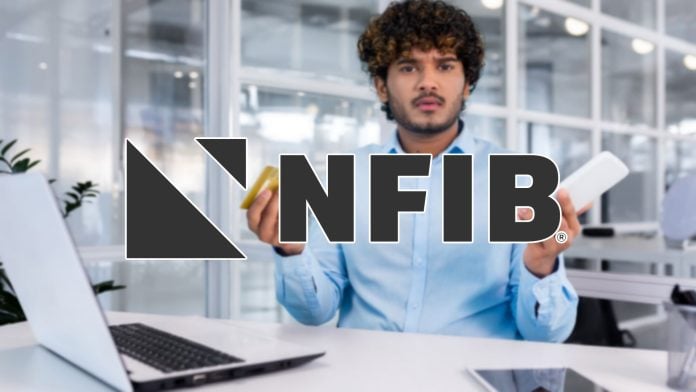A recent case has highlighted the challenges and risks associated with the COVID-19 Paycheck Protection Program (PPP), which was established to provide financial relief to small businesses during the pandemic. Marcelo Federico Torre, a 42-year-old entrepreneur from Draper, Utah, has been sentenced to 18 months in prison for fraudulently obtaining over $628,000 from the program. Torre’s actions serve as a cautionary tale for small business owners navigating the complexities of government aid.
The PPP was designed to help businesses maintain payroll and cover rent during a turbulent economic time. However, as demonstrated by Torre’s case, not all applicants have adhered to the program’s guidelines. Torre submitted a loan application claiming his company, Offerworks Inc., had been in operation since February 2020, employed 37 workers, and had an average monthly payroll of $251,323. None of these assertions were true.
U.S. District Judge Clark Waddoups emphasized the severity of Torre’s fraud in his findings. “The amount of money Mr. Torre stole from the U.S. government and taxpayers, which was intended to keep businesses open and provide salaries for employees and their families during the COVID-19 pandemic, is significant,” he stated. The implications extend beyond legal consequences; fraud undermines the integrity of programs meant to assist reliable, honest enterprises.
As small businesses recuperate from the pandemic’s economic effects, there is understandably an urgent need for financial assistance. The loans offered through the PPP were crucial for many during critical periods, allowing them to weather the storm. Yet, with the potential for fraud comes heightened scrutiny. In Torre’s case, multiple agencies were involved in a substantial investigation, resulting in significant penalties.
Small business owners should heed this cautionary tale as a reminder of the importance of transparency and honesty in financial matters. Notably, the Fraud Section of the Criminal Division has prosecuted over 150 defendants for various schemes exploiting the PPP, resulting in over $75 million seized in fraudulent proceeds. The landscape for government-backed loans is under careful watch, and missteps can lead to severe repercussions.
For business owners, the lessons extend beyond just compliance. Practicing ethical financial management can help protect not only the enterprise but also the broader community that relies on such funding avenues. As stated by Acting U.S. Attorney Felice John Viti, this case serves as a deterrent for those considering fraudulent activity: “It is our hope Mr. Torre’s sentence will deter him and others who seek to take criminal advantage of government programs meant to help honest and hardworking business owners.”
Considerations remain for small business owners evaluating their eligibility for PPP loans or similar programs in the future. It’s essential to have clear documentation, verify information, and ensure compliance with all requirements outlined by the lending institution and government regulations.
In light of the Torre case, small business owners must remain vigilant and informed. Engaging with experts in financial matters, such as accountants or legal advisors, can provide valuable guidance and help mitigate risks associated with funding opportunities. Transparency not only fosters trust but also enhances the long-term viability of businesses, enabling them to contribute positively to the economy.
By understanding both the advantages and responsibilities that come with securing federal assistance, entrepreneurs can better position their businesses for sustainable success. The actions of individuals like Torre remind us that while there are legitimate channels for support, navigating these systems requires adherence to ethical standards and a commitment to honesty.
For further details, view the original press release by the U.S. Small Business Administration here.
Image Via Envato: voronaman111



